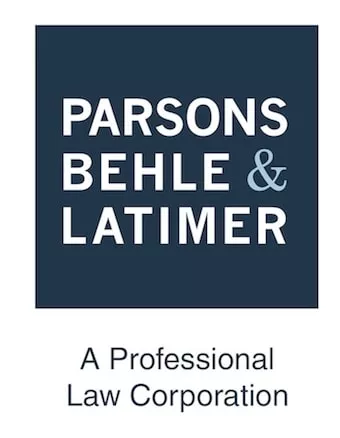- within Tax topic(s)
- with Finance and Tax Executives
- with readers working within the Advertising & Public Relations and Construction & Engineering industries
The National Labor Relations Board (NLRB or "the Board") has shaken things up yet again, announcing a new, less employer-friendly approach to analyzing whether employer work rules (including those in employee handbooks) are lawful. On Aug. 2, 2023, the Board issued a long-anticipated opinion in a case called Stericycle, Inc. In Stericycle, the Board reversed precedent and held that an employer work rule is unlawful to maintain if a "reasonable employee" could interpret that rule in a way that restricts employee rights under Section 7 of the National Labor Relations Act (NLRA).
As a refresher, Section 7 gives non-supervisory employees the right to engage in protected, concerted activity regarding terms and conditions of employment, including discussing such topics and taking action together to improve their lot as workers. The NLRA has long prohibited employer rules that expressly limit such activities (e.g., rules against talking about pay or advocating for a union). Most employer rules, however, fall into the category of "facially neutral" rules, or those that do not restrict Section 7 rights on their face. Since 2017, the NLRB has evaluated facially neutral employer rules using a balancing test set forth in a case called The Boeing Company. Under that test, an employer's legitimate business reasons for maintaining a rule were weighed against any potential infringement on employee Section 7 rights. Under Boeing, certain categories of work rules (including civility and conduct rules) were presumptively lawful for employers to maintain. Employers welcomed the clarity provided by the Board's decision in Boeing.
In Stericycle, the Board's majority rejected the Boeing standard as being too permissive for employers, arguing that it allowed employers to enact overbroad work rules that infringed on employee NLRA rights. Instead of Boeing's balancing test and categories of lawful rules, the Board announced that work rules will be analyzed on a case-by-case basis to determine whether they "have a reasonable tendency to chill employees from exercising their Section 7 rights." In this analysis:
- The Board will read a work rule from the perspective of a "reasonable employee" who is considering engaging in Section 7 activity and is afraid of being disciplined or losing his or her job. Applying this perspective, the Board will be much more likely to find that a rule limits Section 7 rights than under the prior balancing test.
- If that "reasonable employee" could interpret the rule in a way that limits Section 7 rights, the rule will presumptively be unlawful, regardless of whether the rule could also be interpreted in ways that do not infringe on those rights.
- The employer's intent in maintaining the rule is irrelevant.
- To avoid liability, the employer will have to prove that a legitimate and substantial business interest justifies the rule and that the rule could not be crafted more narrowly and still advance that interest.
This Stericycle test will be applied retroactively, including to rules that were adopted under the more employer-friendly Boeing standard. The Board's dissenting member assailed the majority's decision as creating a near-impossible hurdle for employers, saying that "employers would be well advised [to retain] competent labor counsel to craft, for inclusion in their employee handbooks, language that would make it impossible—even for my colleagues' version of the reasonable employee—to interpret any rules contained therein to restrict Section 7 activity."
The upshot for employers is that, once again, it's time to revise employee handbooks and work rules. Common categories of rules that have drawn the Board's scrutiny in the past include those regarding civility and conduct, confidentiality, conflicts of interest, use of employer communication systems, social media, communicating with media and third parties, restrictions on cameras and recordings, dress codes and others. Because of the challenges involved in satisfying this new Stericycle standard, employers should consider working with experienced labor and employment counsel in reviewing their handbooks and other work rules.
The content of this article is intended to provide a general guide to the subject matter. Specialist advice should be sought about your specific circumstances.


